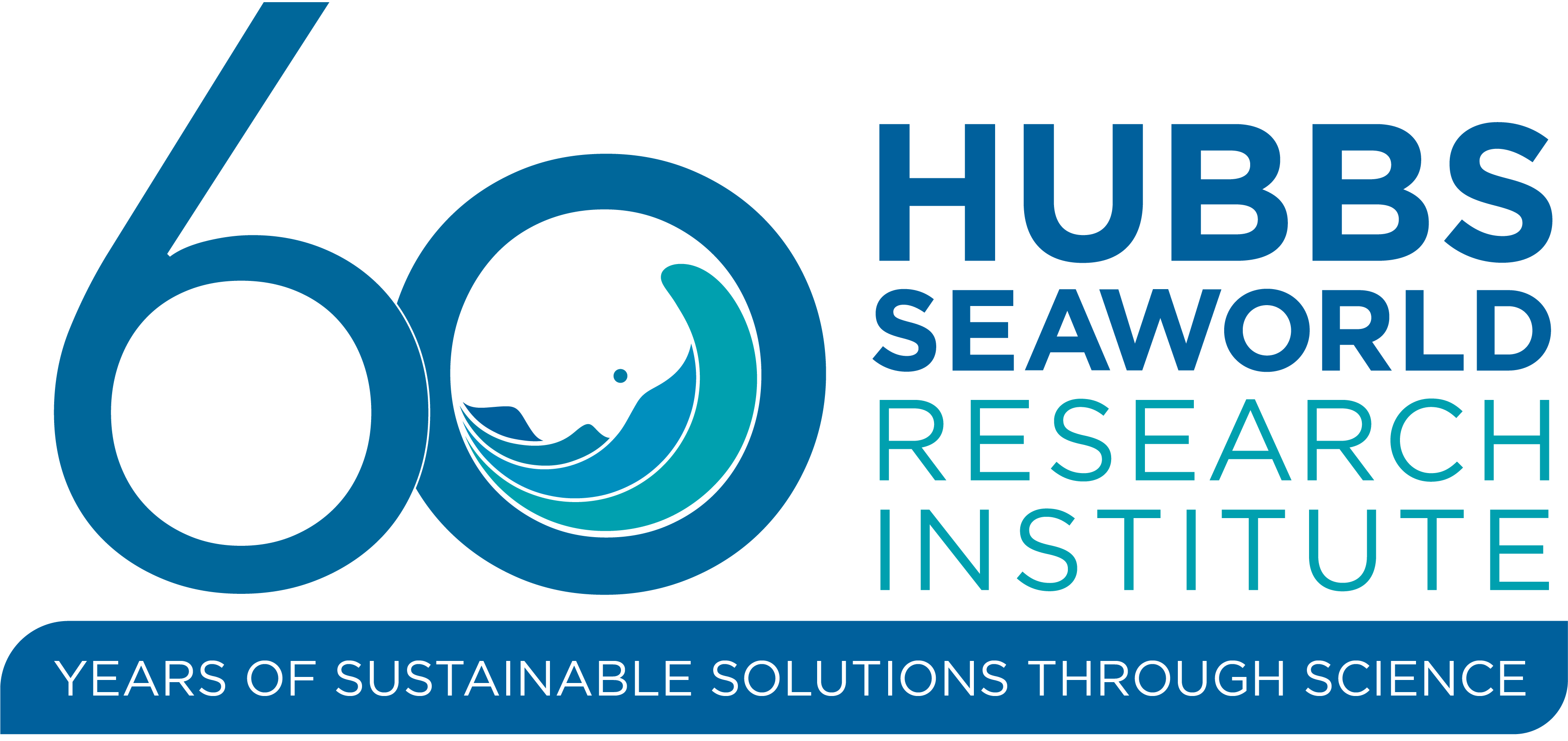“So as the disease drifts through our waters, there’s not much we human beings can do except learn as much as possible….”
~ Dan Billow, WESH2 News, referencing a die-off of dolphins in Florida’s Indian River Lagoon
The presence of morbillivirus, a measles-like virus, has now been confirmed in several dolphins in the northern Indian River Lagoon (IRL). The virus is highly transmissible, often fatal, and past experience suggests it will spread quickly among dolphins living in the IRL.
There’s actually a lot you can do to help! First, learn about HSWRI’s research mission in Florida and our ability to positively impact these dolphins we all love.
Since early in 2013, a morbillivirus epidemic has resulted in a die-off of almost 1500 dolphins along the Atlantic coast of Florida and several other states. Thanks in part to the community’s past support, HSWRI scientists have over a decade of knowledge on bottlenose dolphin movement patterns in the Indian River Lagoon and have been concerned about the possibility of a morbillivirus ‘leak’ into the lagoon for quite some time. The past two years have been difficult for lagoon dolphins which were initially impacted (beginning in 2013) by a large scale die-off causing emaciation (hypothesized to be prey related); this die-off affected not only dolphins but other lagoon inhabitants as well, including manatees and pelicans. In the fall of 2014 the number of lagoon strandings had declined, but now these dolphins appear to be succumbing to the virus outbreak.. As HSWRI’s Marine Mammal Stranding Program scientists respond to the current crisis, they are adding to HSWRI’s decades-long archive of preserved samples and other data related to the underlying causes of marine mammal strandings in the region. This rich database includes information on a wide range of natural (e.g., biotoxins) and human-related (e.g., entanglements in marine debris) factors that cause illness and death in marine mammals, and provides a baseline against which unusual events like the dramatic increase in strandings in 2013 and 2014 can be compared.
But we need your help to further investigate the mortality event that started in the Indian River Lagoon last year. Did this first event weaken lagoon dolphins and make them more vulnerable to the morbillivirus? Or is something else at work here? Your support can help us further our ecosystem-level approach to investigating the current crisis. A vital need in the region is funding to link our work on top-level predators like dolphins to the work others on doing with prey species (e.g., estuarine fish) and habitat (e.g. seagrass beds) and to quantitatively evaluate the importance of the various factors that impact marine animal health in the region.
WAYS TO HELP:
- Florida residents: Did you know that license plate registration fees were lowered on Sept. 1st? Now’s a perfect time to purchase a specialty plate in Florida? Buy a Discover Florida’s Oceans license plate that directly supports HSWRI’s Florida dolphin stranding and research mission.
- Make a Donation: Donate Here
- Donate Needed Supplies: See HSWRI’s Wishlist Here
- Shop on Amazon Smile and identify HSWRI as your charity of choice
To report a dolphin or whale stranding in Florida, please call: 1-888-404-3922
